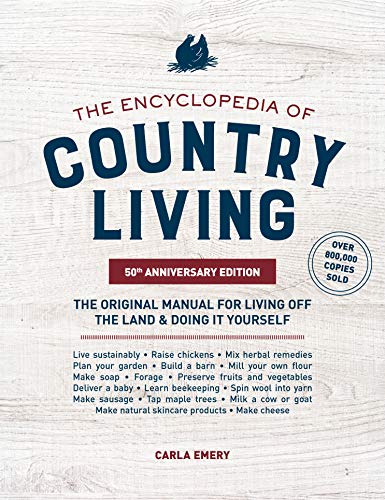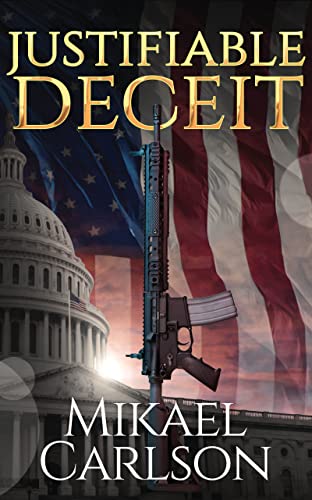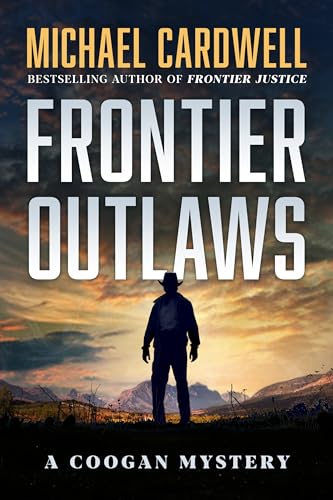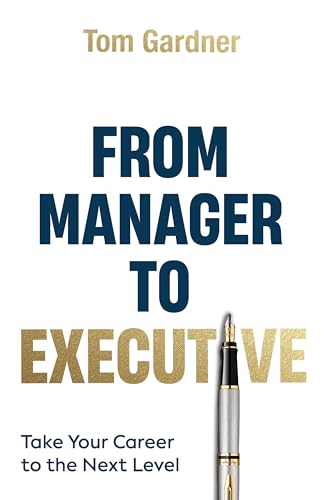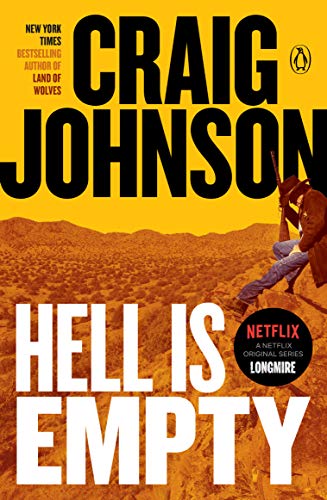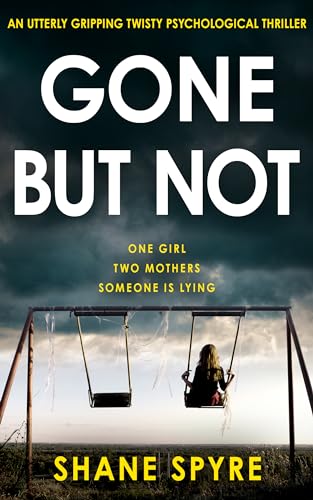Chris B, a reader from the Dallas area, got right to the heart of one of the challenges of thinking about the effects of the ebook pricing controversy on authors in this comment left yesterday on my post The Math of Publishing a Book in Print or Electronic Format:
When you put the “author royalties” of the 9.99 version as 2.50, realize that few authors ever make more than a few thousand dollars on a book. A $3 difference in sale price is not going to decide whether a book hits the NYT bestseller list (and makes some real money), but it might make a difference in feeding the author’s kids for another month.
I don’t want to see Kindle books go up in price, but we have to be realistic about it. We’ve always known Amazon was selling books at an artificially low price to do that.
Believe me, I do not want any authors’ kids, including my own, to miss their three squares a day. In fact, I think it’s important to save some authors from themselves here. While Motoko Rich’s New York Times piece and my post drill down on the pricing and costs of an individual book as they might play out for a hardcover print run of 15,000 copies, it’s impossible to think intelligently about the effects of these economics on an author without serious contemplation of the number of copies sold.
So, fair warning:
The economic law of demand states basically that “if the price of a product increases, the quantity demanded decreases, while if price of the product decreases, its quantity demanded increases.” This price elasticity of demand is most pronounced when it is accompanied by three conditions:
- the product represents a discretionary purchase rather than a necessity;
- the product is one out of many choices available to consumers to meet a particular interest or want; and
- the product is available to consumers without much marketplace friction, i.e., it can be purchased without significant outlay of travel, shipping, time, or other accompanying expenditure.
With millions of titles available in multiple formats, it is obvious that books meet these conditions about as well as any type of product, for most consumers. And all marketplace friction vanishes completely once a consumer has access to ebooks either through ownership of a Kindle or competitor’s ebook reader or by being able to run a Kindle App on a PC, BlackBerry, iPhone, iPod Touch, or other device.
The result is that readers pay close attention to what they have to pay for books. Many wait for paperback availability of their favorite authors’ titles rather than pay a premium for the opportunity to read those books in hardcover a few months earlier. For those trade paperback copies, the author’s royalty is usually little more than a dollar per copy, far less than half of the average hardcover royalty of $3.90 referenced in the Motoko Rich piece. So that’s one form of price elasticity of demand.
Another kind of price elasticity of demand comes into play where ebook prices are concerned.
The recent Winter 2010 Kindle Nation Citizen Survey showed evidence that Kindle owners have become more price-conscious as a result of the recent ebook pricing controversy and are very resistant to paying more than $9.99 for an ebook: 75 percent of the 1,892 respondents identified with the statement that “I’ll pay over $9.99, but only rarely when I simply must have an ebook.”
As of this morning there are 102,160 titles priced at $10 and up in the U.S. Kindle Store, or about 22 percent of the overall total of 451,317 ebooks in the store. None of those $10-and-up titles are currently ranked among the top 40 Kindle bestsellers, and only four are ranked between 41 and 100. 13 of the top 100 are priced at $9.99.
So, if an author’s royalty is $2.50 for a Kindle book priced at $9.99, and $3.25 for a Kindle book priced at $12.99, let’s do the math. If the book sells 30 percent more copies when priced at $9.99 than it sells when priced at $12.99, the author’s royalties are at break-even and her readership — people might buy her other books — is significantly larger. Indeed, from what I have seen, the sales differential is probably more like 50 to 100 percent, and some of the most successful Kindle authors are making far more than the “few thousand dollars” referenced in Chris’ comment by pricing their books below $9.99.
Of course, the same percentages and competitive-pricing benefits that are available to authors ought to apply to publishers, were it not for the likelihood — evident from the industry sources quoted in Rich’s article and in numerous comments by publishing insiders throughout the recent ebook pricing controversy — that publishers are trying to reverse the Kindle Revolution. As publishing consultant Mike Shatzkin told Rich: “The simplest way to slow down e-books is not to make them too cheap.”
If that’s the case, it also seems likely that an increasing number of those midlist authors — those of us who have to pay close attention to “feeding [our] kids for another month” — will be forced to consider another offer that Amazon has put on the table for us: the possibility of receiving direct royalties of 70% by going “around” the publisher and dealing directly with the Kindle platform for ebooks priced between $2.99 and $9.99.

